UT Dallas Hosts Third ARO Workshop on Adversarial Machine Learning
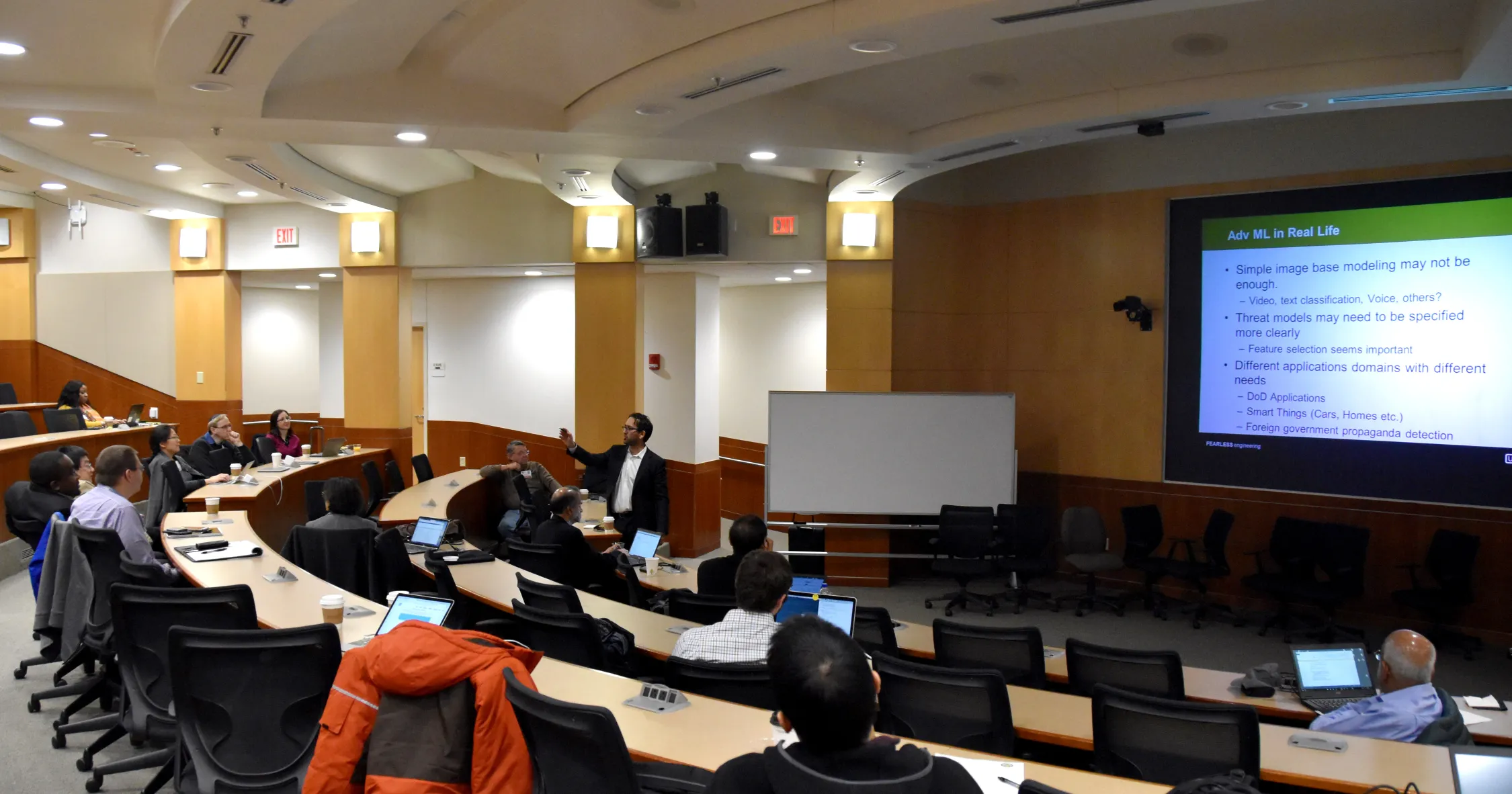
Last fall, Dr. Murat Kantarcioglu, UT Dallas CS Professor and Director of the UT Dallas Data Security and Privacy Lab, hosted the Third Army Research Office (ARO) Workshop on Adversarial Machine Learning (AML) at UT Dallas. The two-day workshop focused on the newly emergent and significant field of adversarial machine learning, which is the study of the vulnerabilities of machine learning approaches in adversarial settings and developing techniques to make learning robust to adversarial manipulation.
The ARO Workshop on Adversarial Machine Learning provided a forum for international researchers and practitioners from academia, industry, and government to present and discuss state-of-the-art research and concepts within the field of AML. The two-day workshop featured brainstorming and networking sessions as well as talks by researchers from well-respected universities and research institutes such as Stanford University, MIT, Purdue University, Northeastern University, Washington University in Saint Louis, Microsoft Research, Perspecta Labs, Google Brain, and more.
Among the speakers was Dr. Murat Kantarcioglu who discussed his recent book “Adversarial Machine Learning (Synthesis Lectures on Artificial Intelligence and Machine Learning),” which he co-wrote with Washington University in Saint Louis Professor, Prof. Yevgeniy Vorobeychik, who also spoke at the workshop. In their book they provide a technical overview of the AML field, and discuss recent techniques for attacks on deep learning, as well as approaches for improving robustness of deep neural networks. The book concludes with a discussion of several important issues in the area of adversarial learning that in their view warrant further research.
Below is a complete list of the talks featured at the workshop:
- Data Featurization as Enabler of Adversarial Examples in Machine Learning – Dr. Rauf Izmailov is a Senior Research Scientist at Perspecta Labs.
- Adversarial Unsupervised Learning – Dr. Bowei Xi is an Associate Professor in the Department of Statistics at Purdue University.
- Limitations of the Lipschitz Constant as a Defense Against Adversarial Examples – Todd Huster is a Research Scientist at Perspecta Labs.
- Certified Defenses Against Adversarial Examples – Aditi Raghunathan is a third year PhD student at Stanford University working with Dr. Percy Liang.
- Is Robust ML Really Robust? – Dr. Yevgeniy Vorobeychik is an Associate Professor of Computer Science & Engineering at Washington University in Saint Louis.
- Towards Safe and Robust Machine Learning – Dr. Bita Rouhani is a Research Scientist at Microsoft Research.
- Data Poisoning Attacks: A Representational Perspective – Dr. Aleksander Madry is the NBX Associate Professor of Computer Science in the MIT EECS Department and a principal investigator in the MIT Computer Science and Artificial Intelligence Laboratory (CSAIL).
- Protecting Classifiers Against Adversarial Attacks Using Generative Models – Dr. Rama Chellappa is a Distinguished University Professor, the Minta Martin Professor of Engineering and a Professor in the ECE department at the University of Maryland.
- Adversarial Poisoning Attacks and Defenses in Machine Learning Systems – Dr. Alina Oprea is Associate Professor of Computer Science at Northeastern University’s College of Computer and Information Science.
- Is Randomness The Answer to Curtailing Transferability of Adversarial Attacks Against Deep Neural Networks? – Dr. Yan Zhou is a Research Scientist in the Data Security and Privacy Lab at The University of Texas at Dallas.
- Adversarial Examples that Fool both Computer Vision and Time-Limited Humans – Dr. Gamaleldin F. Elsayed is an AI resident at Google Brain interested in deep learning and computational neuroscience research.
- Evaluating Deception in Human Behavior: Application of Pattern Classification to Understand Truth, Trust, and Cross-cultural Interactions – Dr. Daniel Krawczyk is Professor of Behavioral and Brain Sciences and holds the Debbie and Jim Francis Chair in Behavioral and Brain Sciences at The University of Texas at Dallas.
To read the abstracts and biographies for the talks, please click here.
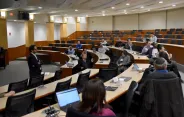
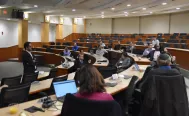
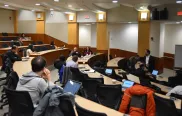
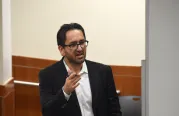
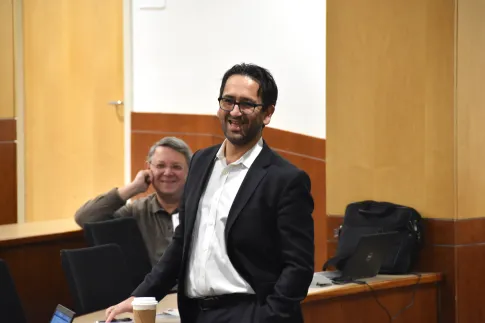





ABOUT THE UT DALLAS COMPUTER SCIENCE DEPARTMENT
The UT Dallas Computer Science program is one of the largest Computer Science departments in the United States with over 2,800 bachelors-degree students, more than 1,000 master’s students, 190 Ph.D. students, 52 tenure-track faculty members, and 41 full-time senior lecturers, as of Fall 2018. With The University of Texas at Dallas’ unique history of starting as a graduate institution first, the CS Department is built on a legacy of valuing innovative research and providing advanced training for software engineers and computer scientists.




